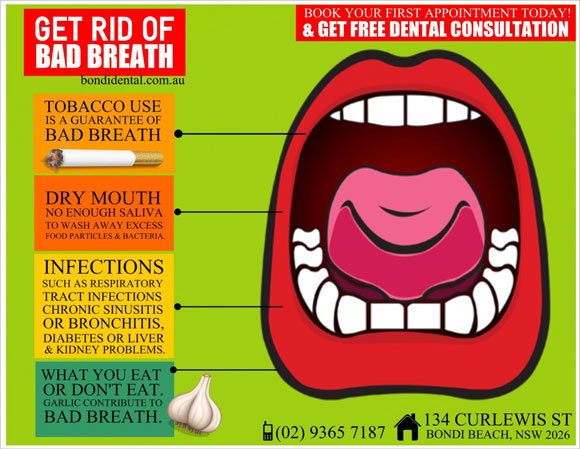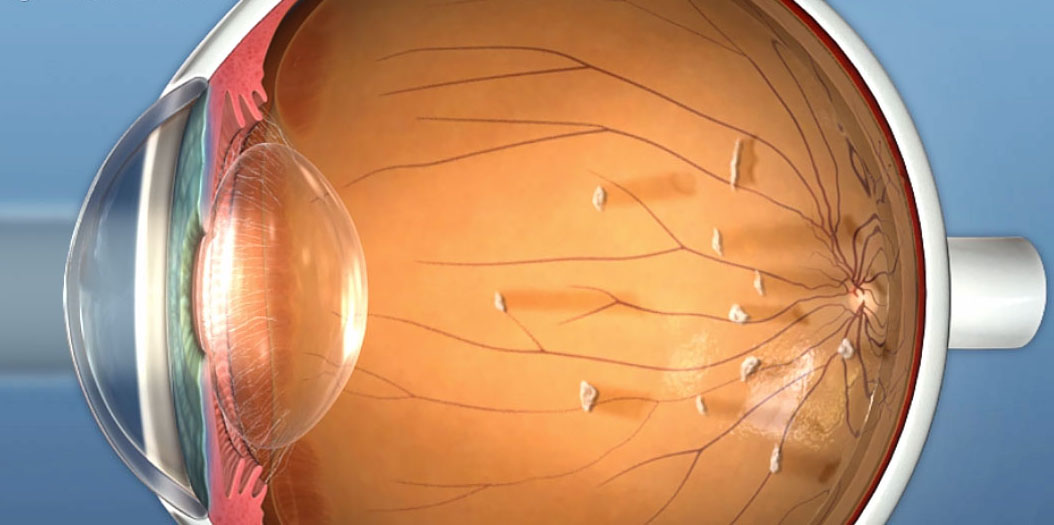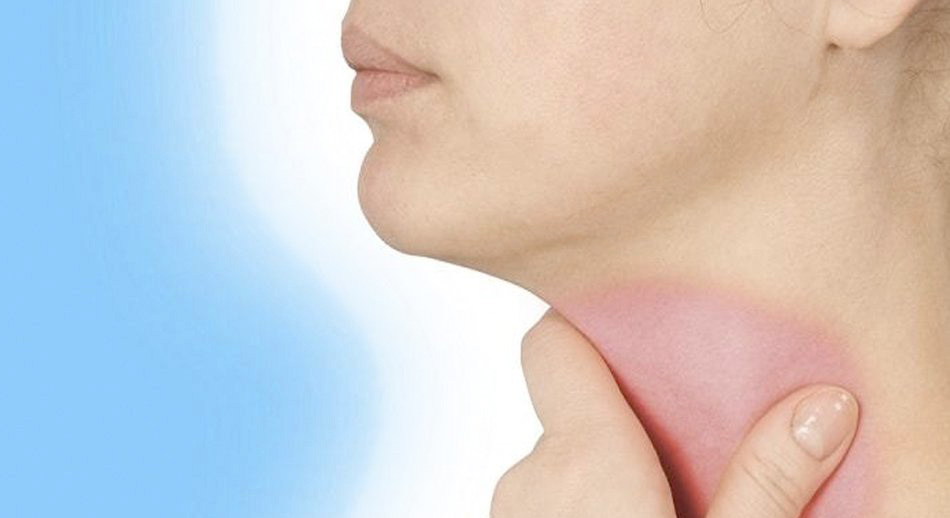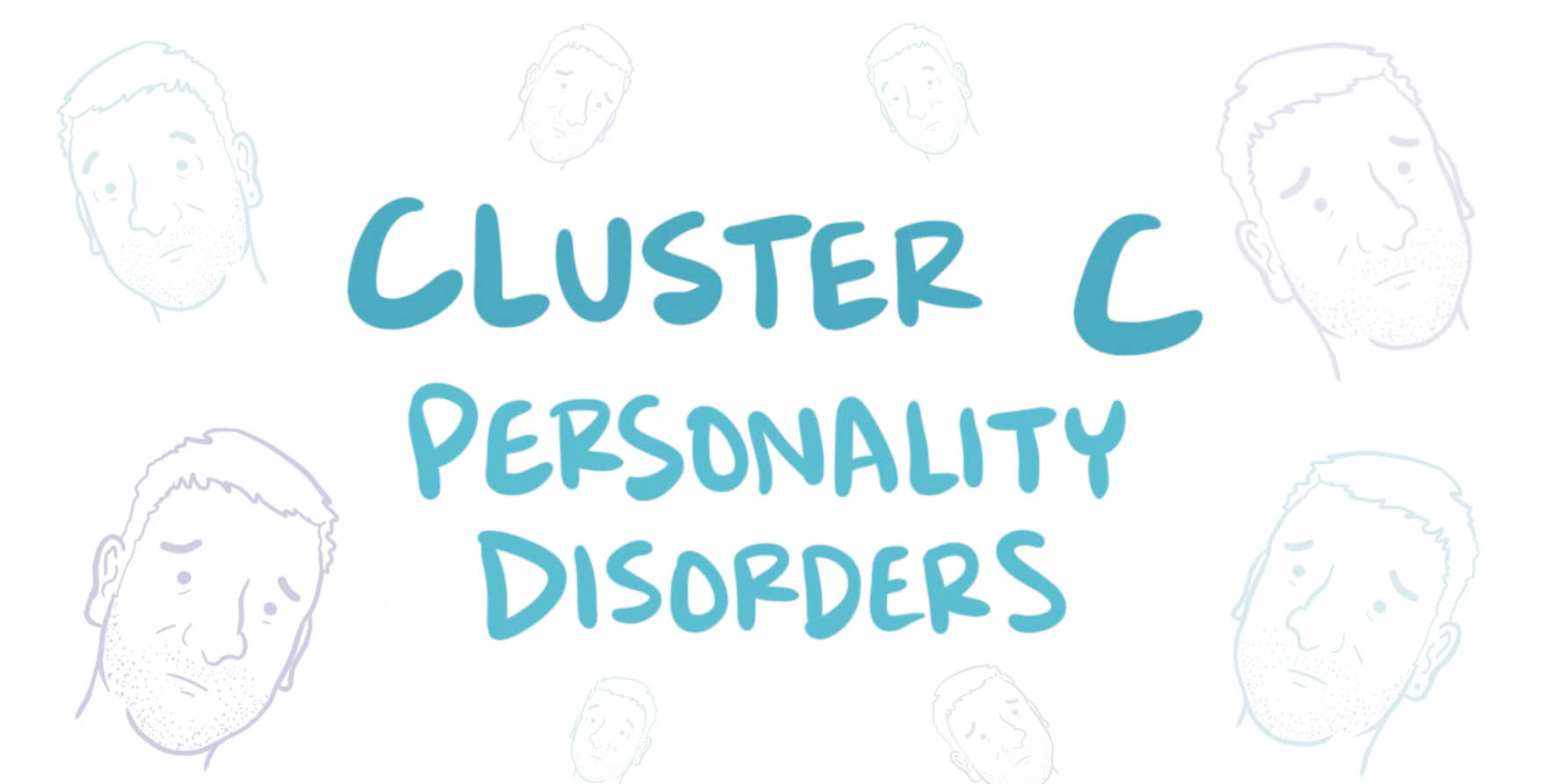Bad breath is a common problem that we can find anywhere. On a regular basis, it is estimated that 1 in 4 people face foul breath problems. Anyone can have these problems. There are many causes why bad breath occurs. There are also several potential treatments available to get rid of it. In this content, we will figure out the reasons behind bad breath. Also, how to get get rid of bad breath.
Table of Contents
Causes of get rid of bad breath
Bad breath is also known as halitosis. It is estimated that lousy breath affects 25 percent of people globally. Having bad breath can cause embarrassment and anxiety to a person. The most common cause of foul breath is not maintaining good oral hygiene.
We cannot maintain proper oral hygiene if we don’t brush regularly. If we don’t brush regularly, food particles will remain in our mouths. The breakdown of these particles by bacteria in our mouth produces mouth odor or bad breath.
Before talking about how to get rid of bad breath, we need to find out it’s causes. Apart from not brushing regularly, other reasons for foul breath are-
- Tobacco: Consuming tobacco products increases the chances of gum diseases. They are also one of the main reasons that cause halitosis.
-
Food: After eating food, particles of food stuck in the teeth causes a bad odor.
Particular foods like garlic and onions can also cause odor problems in the mouth. Also, after digestion, their breakdown products get carried by the blood to the lungs. This can affect our breath and cause a foul odor.
- Dry mouth: The saliva in our mouth cleans the mouth naturally. But if we have a dry mouth or a disease like xerostomia, that leads to dry mouth. Then foul odors can quickly build up in our mouth.
- Improper dental hygiene: A group of bacteria known as plaque quickly builds up in our mouth if we don’t brush regularly. This bacteria can irritate the gums and cause inflammation between the teeth and gums. Our mouth can harbor this bacteria that cause halitosis if brushing is not regular.
- Drugs: Taking certain medications can reduce saliva production in our mouth. Therefore our mouth becomes drier than usual and increases terrible breath. Also, drugs can cause bad odor problems when they break down and release chemicals in the breath.
Drugs that cause lousy odor include chemotherapy chemicals, nitrates for treating angina. Sedatives such as phenothiazine, large doses of vitamin supplements, etc.
- Crash diets: ketogenic diets (low carbohydrate eating) and fasting programs can affect halitosis. This happens due to the breakdown of ketones, which have a strong aroma. Ketones are fats producing chemicals, and their digestion can lead to bad odor problems.
- Diseases: Gastroesophageal reflux disease or (GERD) for short can also cause bad breath. Other metabolic disorders can also cause halitosis due to the chemical mixtures they produce.
- Throat, mouth, and nose conditions: Infections in the throat, nose, or sinuses can also cause halitosis.
Sometimes bacteria containing small stones form on the tonsils at the back of the throat. These stones can lead to infection and cause halitosis to occur.
- Bowel obstruction: When bowel obstruction is present, a long period of vomiting also occurs. If one faces a prolonged period of vomiting, their breath starts to smell like feces.
- Bronchitis: This occurs in our airways, and it is a long term condition. In this case, the airways become wider than average. It allows mucus to build up in the airways, which leads to bad breath.
- Aspiration pneumonia: It refers to a swelling or infection in the airways or lungs. This occurs due to inhaling saliva, vomit, or liquids. This type of infection can also cause halitosis to occur.
How to get rid of bad breath
Halitosis is a common problem that anyone may face anytime. More than 25 percent of people globally face this kind of problem.
But it’s easy to improve your breath and keep your gums and teeth healthy. Just try these simple steps to keep your mouth feel clean and healthy. Here are some suggestions on how to get rid of bad breath.
1. Brush and floss regularly.
If we don’t brush regularly, plaque will occur in our teeth. It is a sticky buildup on your teeth that collects bacteria and causes bad breath. Trapped food in the teeth also adds up to the problem.
Brush your teeth with toothbrush at least two times every day, and floss at least once. If you’re concerned about your teeth and breath, do both more often regularly.
But keep in mind not to overdo things, though. Because if you brush too hard, you can wear down your teeth. It will make them vulnerable to decay.
2. Rinse your mouth out.
A mouthwash can both freshen your breath and add extra protection. A nice minty taste can make you feel fresh and get rid of bacteria. But don’t just use a mouthwash to cover up the smell. Make sure that the mouthwash you choose also kills the germs that cause halitosis. Rinse daily with a good mouthwash and prevent halitosis at its source.
You can also help your lousy smell if you swish your mouth with plain water after eating. It can get rid of the small food particles that get stuck in your teeth.
3. Scrape your tongue.
The coating that generally forms at the back of your tongue can be a host for smelly bacteria. To get rid of it, brush your tongue with your toothbrush gently.
If your brush can’t comfortably reach the back of your tongue, try a scraper. They’re designed specifically to apply less pressure evenly across the surface of the tongue area. It can remove food debris, bacteria, and dead cells easily that brushing alone can’t take care of. Says the hygienist Pamela L. Quinones, past president of the American Dental Hygienists’ Association.
4. Avoid the tobacco intake habit.
Besides causing cancer and high blood pressure, smoking can also damage your healthy gums, stain the teeth, and give you lousy odor.
Over-the-counter nicotine packets can help tame the urge to smoking. If you need any help, make an appointment with your doctor to find about quit-smoking programs or prescription medications that can help you give up tobacco for good.
5. Avoid breath-souring foods.
Foods such as onions and garlic are big offenders in bad breath. Brushing after eating them also doesn’t help to get rid of it.
The substances that cause bad smells find their way into our bloodstream and travel to our lungs. This is where you breathe them out, says dentist Richard Price, DMD, a spokesperson for the American Dental Association.
The best way to stop the problem is to avoid them at least before you go to work or see friends.
6. Skip after-dinner sweets and chew gum instead.
The bacteria that buildup at the back of the tongue and in our mouth loves sugar. They use it to make acid that wears down our teeth and causes bad breath. Chew sugarless gum instead of taking desserts after dinner.
“Gum helps to stimulate saliva, which is the mouth’s natural defense mechanism against plaque acids. The acids that cause tooth decay, gum diseases and bad breath,” Quinones says.
7. Moisten your mouth.
If your mouth doesn’t produce enough saliva, you can get tooth decay and bad breath. If you feel like your mouth is dry, drink plenty of water during the day. Sucking a sugar-free hard candy or chewing sugarless gum can also help. Also, use a humidifier at night to moisten the wind in your home.
Suppose you take medications or have a chronic dry mouth that causes you to have a dry mouth. Then consult your dentist for recommending an over-the-counter saliva substitute.
8. Munch a carrot, an apple, or a stick of celery.
Snacks of crispy vegetables and fresh fruits help to stimulate your saliva flow between meals. It helps in washing away bacteria from teeth, tongue, and gums that can cause bad breath.
An empty stomach due to fasting skipping meals can cause foul breath. Because at that time, acids in the belly build up. These snacks can also help prevent bad breath caused by fasting and hunger.
9. Visit your dentist get rid of bad breath
If you’re still struggling with how to get rid of bad breath, then visit your dentist.
The best way to ensure that you are maintaining proper oral hygiene is to visit your dentist regularly. If foul breath continues despite doing your best, make an appointment with your dentist.
Also, if you have chronic gum disease, you should visit your dentist first to rule out any dental problems. Your dentist will suggest proper medications and methods that will help to solve your problem.
Diagnosis:
If you suspect that you have halitosis, then you should visit a dentist to check it out. Firstly, the dentist will smell the alleged person’s breath and rate it on a six-point intensity scale. The dentist may also scrap the area back of the tongue. After that, smell the scrapings because this area can often be a source of the smell.
Also, there are a variety of sophisticated detectors available out there. These detectors can help to rate the odor more precisely. These detectors include:
Halimeter: This type of detector helps to detect low levels of sulfur.
Gas chromatography: This detector test helps to measure three kinds of volatile sulfur compounds. These sulfide compounds are hydrogen sulfide, dimethyl sulfide, and methyl mercaptan.
BANA test: This test measures the levels of a specific enzyme in our mouth. A bacteria that causes halitosis produces this particular kind of enzyme.
Beta-galactosidase test: This test measures the levels of the enzyme beta-galactosidase. Levels of this enzyme have been found to correlate with our mouth odor.
Using these detectors, the dentist will find out the likely causes of the bad breath. But these detectors aren’t always available near our hand for use.
After detecting the source, your dentist will likely evaluate your medical history and ask some questions such as:
- How often do you floss, clean your dentures or brush your teeth?
- When did you first started experiencing lousy breath?
- Is your lousy breath continuous or just occasional?
- Have other people noticed your lousy breath and commented on it?
- What kinds of foods do you often eat and the most?
- Do you snore or breathe through your mouth?
- Do you have allergies, sinus, or any other airway problems?
- What kind of supplements and medications do you take?
- What do you suspect might be causing your foul odor?
Be ready and try to answer all these questions. So that you can find the solution and make the most of your appointment time.
Also, if you’re going to have your bad breath evaluated by a dentist, follow these tips:
- Try to make sure the appointment is in the morning hours. Because dentists generally prefer morning appointments for testing your bad breath. It reduces the chances of the test getting hindered by the foods you eat during the day.
- If you’ve taken antibiotics within the last month or before the exam. Then check with your dentist to figure out if your appointment needs to be rescheduled.
- Don’t wear any perfume, scented lotions, or scented lipstick or lip gloss to your appointment. Because these products could mask any odors and hinder the test.
Conclusion OF get rid of bad breath:
Bad breath is a common problem that can cause us embarrassment in public. There are varieties of treatments available to get rid of this problem. We hope this article provided you with enough information on how to get rid of bad breath.





